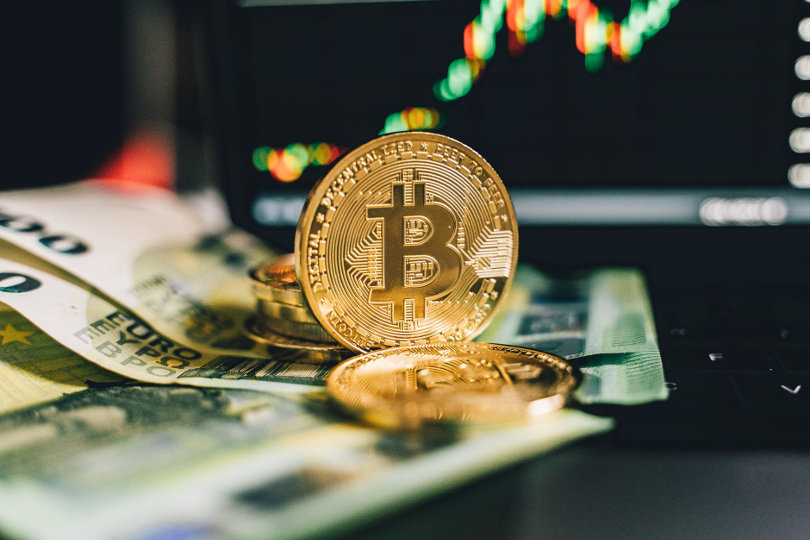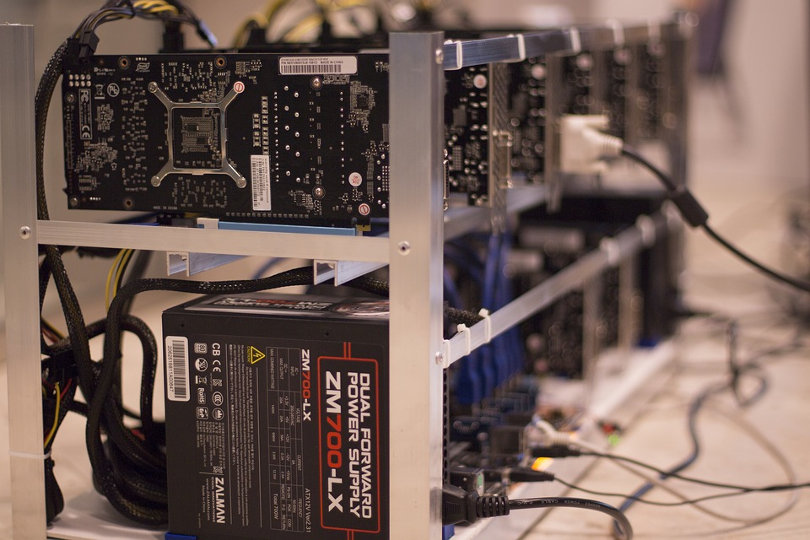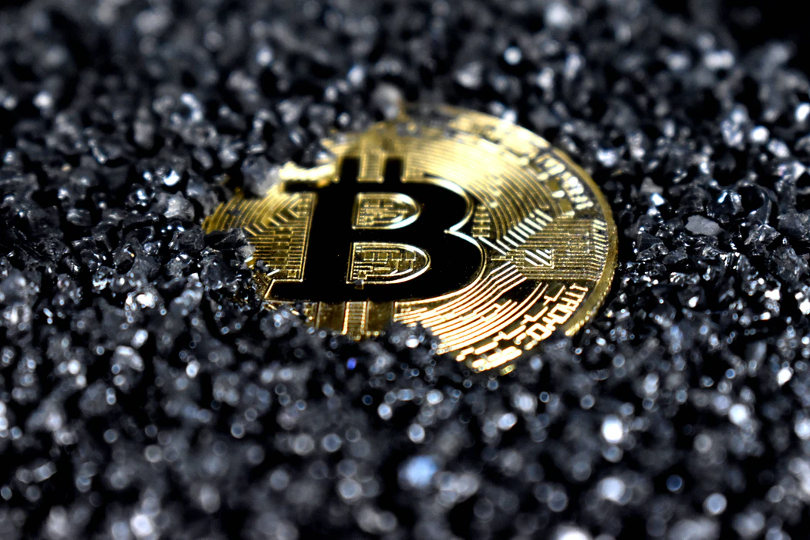Unless you live under the rock, you definitely must have heard about Bitcoin. It is a digital form of money created to serve as peer-to-peer electronic cash. Transactions in Bitcoin are more like emails that are signed digitally using cryptography and letter sent to the whole Bitcoin network for it to be verified.
The technology behind Bitcoin is called blockchain, and that is what holds the details of all the transactions happening on the Bitcoin network. The details are displayed publicly where everyone can see them, hence providing a sense of security for the platform.

Whether you are buying Bitcoin as a trader, investor, or you’re simply spending and accepting Bitcoin as payment, it makes a lot of sense to understand how the whole Bitcoin network actually works. In this post, we will be taking you through a quick overview of what Bitcoin is and how its network works.
What Is Bitcoin?
Bitcoin is completely digital money and a new payment system. It is a decentralized payment network, and the first of its kind, which allows peer-to-peer payment without the involvement of any third party like the government or financial institutions such as the banks.
You can simply say that Bitcoin is more like cash for the internet. It doesn’t have any physical version, and it is not controlled by the government like in the case of fiat currencies like the dollar or euro.
Who Controls the Bitcoin Network?
Just like nobody owns the technology behind email, no one also owns the Bitcoin network. Instead, it is controlled by all users on the network. That is the reason it is referred to as a decentralized network because no known single person or authority owns or controls it.
Before anything can happen on the network, it has to be an agreement between members of the Bitcoin community. There has to be a strong consensus between members to make sure the Bitcoin network functions appropriately.
If Nobody Owns It, Then How Does Bitcoin Work?
Trying to explain things from a user’s perspective, we can simply say that Bitcoin is just a mobile application that provides you with a digital wallet and also allows you to receive and send bitcoin with the wallet.
But looking more in-depth into the behind-the-scenes, the network is a powerful public ledger that contains every transaction happening with Bitcoin. This ledger is known as the blockchain, and that’s the brain behind the success and functionality of Bitcoin. Every transaction ever processed is publicly documented on the blockchain for everyone to see and verify.
Plus, anyone can process transactions on the Bitcoin network using some specialized hardware to solve sophisticated mathematical problems in exchange for a reward in bitcoins. That is the process called mining.

Why Is the Price of Bitcoin So Volatile, And What Determines Its Price?
If there is anything well known about Bitcoin – and also all cryptocurrencies, it is their volatility. Prices here are extremely unstable. Prices can rise now and in the next minute fall again. That is why it is recommended that traders and investors first learn the art of working with cryptocurrency before investing their fortune in it.
Supply and demand are what majorly drive the price of Bitcoin and other cryptos. When there is an increase in demand, then the price shoots up, and vice versa. With just small money and some levels of publicity, one can easily move the price up or down. That is one reason it is still extremely volatile even till today.
What’s Privacy Like on Bitcoin Network?
With the design nature of Bitcoin, it is meant to allow its users to send and receive payment with their identities completely protected. However, that is not completely the case. Details of transactions are still being displayed on the public ledger. Bitcoin is, however, currently working on how to make the privacy of more interest on the platform.
In that regard, there have been many upgrades recently to provide more security and privacy on the platform. More recently are the SegWit and Taproot upgrades.
Bitcoin Mining: What Should You Know About It?
You definitely must have heard about Bitcoin mining at one time or the other. It is what helps to sustain the Bitcoin network and helps it maintain its integrity. Mining is the process of using computer hardware with sophisticated computing power to process transactions, uphold easy agreement between members in the system, and also secure the network.
Mining is what gives birth to new Bitcoin coins – think of gold mining but in the digital world. Miners are usually rewarded with Bitcoin for their hard work.

How Does Mining Work?
So far they have the required software and computer hardware, anyone can become a miner and start mining. It is not location-dependent. What mining software does is that it listens for transactions happening on the Bitcoin network, and then performs the necessary tasks to process and confirm such transactions.
The fastest miner to solve a mathematical problem is given the chance to verify a transaction and add it to the blockchain. In return for this hard work, they are rewarded with the transaction fees on those transactions – of course, in Bitcoin.
Before any transactions can be verified and a new block added to the blockchain, miners have to perform these complex calculations. And so, it is always fierce competition among miners for who is going to solve the problem first. And then the fastest miner is rewarded.
However, as more people are getting into Bitcoin mining, the competition also increases and the validity of the block also becomes more difficult. Because of the activities of miners on the network, they are helping to protect the integrity of the network by making sure no fraudulent transactions are confirmed on the network.
How Does Mining Help Secure The Bitcoin Network?
Because of the difficult nature of mining, it becomes extremely difficult for anyone to consequently add new blocks of transactions to the blockchain. This, therefore, helps ensure the safety and security of the Bitcoin network. No one user can block or approve certain transactions. At the same time, no one individual has the privilege to replace parts of the blockchain for fraudulent activities.

What Problems Are Facing the Bitcoin Network?
Well, there are a couple of them. The first is the issue of the mining system of the cryptocurrency. Mining requires a whole lot of energy, and so has consistently been a major concern to the Bitcoin community. Another challenge is the slow transaction speed on Bitcoin, as well as its high transaction fees.
But recently, there has been a couple of upgrades to help tackle all these challenges. In fact, the Taproot upgrade, for instance, is designed to increase privacy level, transaction speed, and hence transaction fees. The upgrade also brings smart contract functionality to the network, making it a good competitor for other cryptos in the market!







